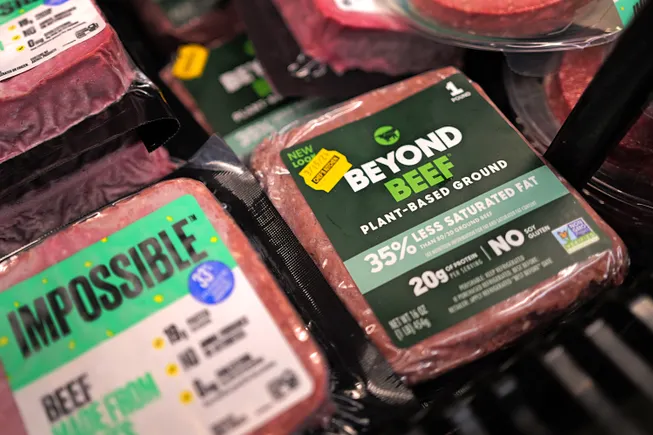The funding landscape for food tech startups experienced a significant slowdown in the first quarter of the year, with investors shifting their focus towards artificial intelligence, as reported by Pitchbook. In the initial three months of the year, the food tech sector secured $1.4 billion in investments through 202 deals, marking a nearly 50% decrease in capital and a 15% decline in deal count compared to the previous year.
Investor interest in food tech seems to be waning, with a 54% drop in the number of unique investors participating in deals within the space from its peak in 2021 up to the first quarter of 2024.
Investors are increasingly drawn to the allure of artificial intelligence, with around 70% of venture capital in the first quarter flowing into startups specializing in AI and machine learning. Given the limited applications of AI in the food industry, investors may be sidelining certain food tech opportunities to capitalize on the automation trend.
Early-stage food tech startups are facing challenges in securing funding, with valuations taking a hit due to the tough fundraising environment and heightened investor expectations. Startups now need to showcase innovation, market traction, operational efficiency, and alignment with key trends such as sustainability, health, and supply chain resilience to attract investor attention.
Despite the tough funding environment, there are some bright spots for early-stage alternative protein startups. While established players like Beyond Meat are facing difficulties, niche ingredients companies in the alternative protein space are garnering increased investor support.
For instance, Liberation Bioindustries, previously known as Liberation Labs, raised $52 million to establish a precision fermentation facility for alternative protein production. Similarly, Vivici, a producer of alternative dairy products, secured $33.8 million in funding. Other players in the alternative protein sector, such as Aleph Farms and Project Eaden, also experienced successful fundraising rounds, indicating sustained investor interest in both consumer brands and supporting infrastructure.

